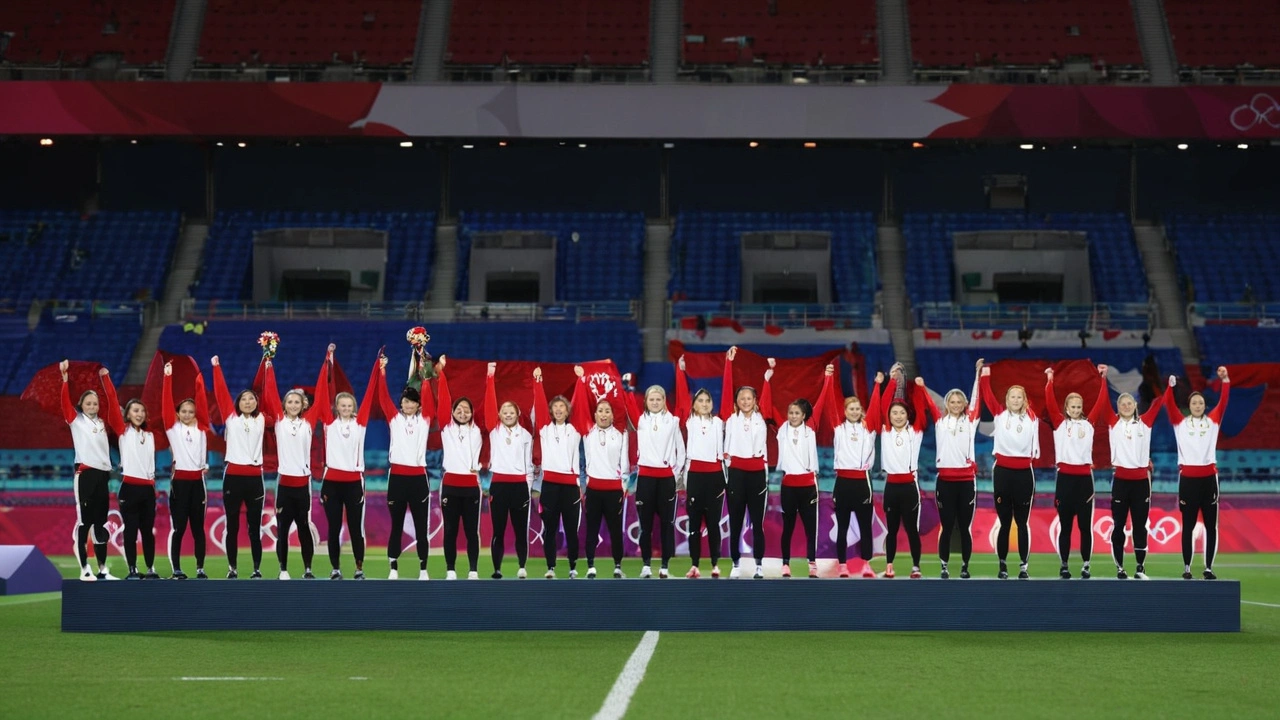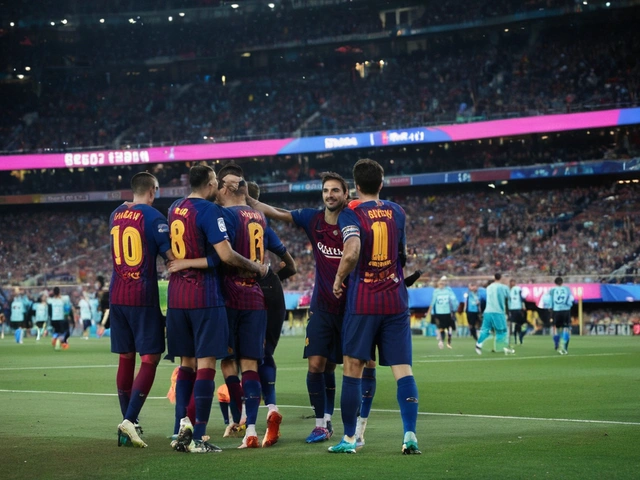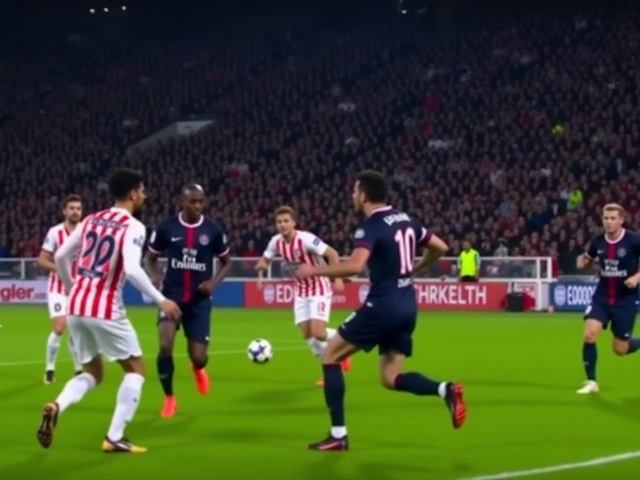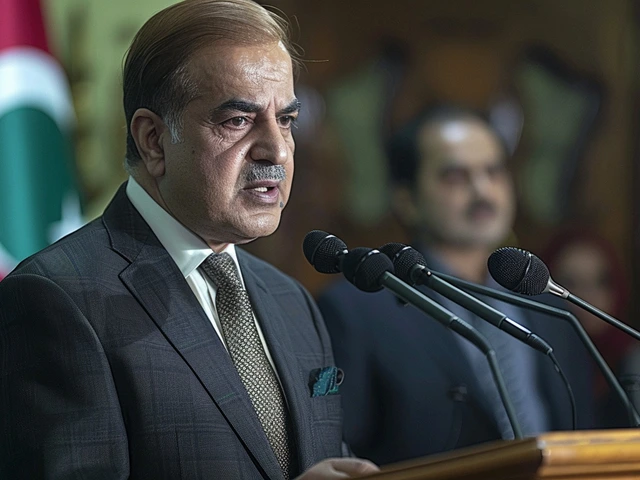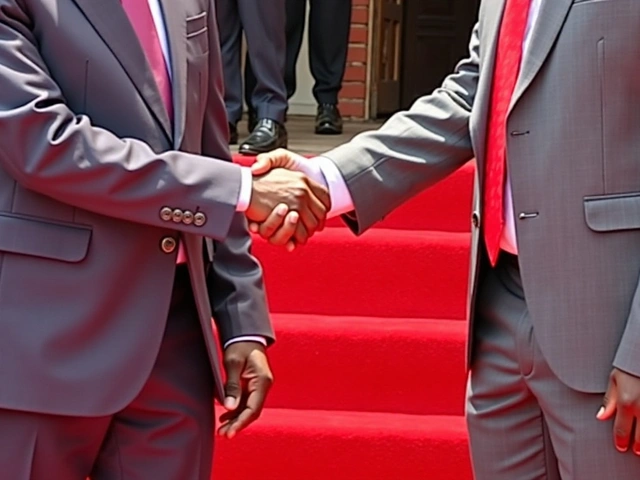FIFA Penalty: What It Means and Why It Matters
A penalty can change a game in seconds. When a foul or handball happens inside the penalty area, the referee may award a penalty kick — a high-stakes shot from 12 yards. But a "FIFA penalty" can also mean sanctions off the pitch: fines, match forfeits, or suspensions handed down by FIFA for rule breaches. Knowing the difference helps you follow matches and post-match fallout without confusion.
Here’s a simple breakdown: an on-field penalty is a direct consequence of a player’s action during the match. Off-field FIFA penalties come after investigations into things like match-fixing, fielding ineligible players, or safety breaches. Both affect results, team morale, and sometimes tournament standings.
How VAR changes penalty calls
VAR (Video Assistant Referee) is now part of most major competitions. VAR can recommend a review for clear and obvious errors involving goals, penalties, red cards, or mistaken identity. But VAR doesn’t call fouls — it advises the match official, who makes the final decision. That’s why you sometimes see long delays and the referee checking the pitch-side monitor before pointing to the spot.
Common VAR outcomes: the penalty stands, the call is overturned, or the referee changes a yellow to a red (or vice versa). VAR focuses on obvious mistakes, so marginal contacts or subjective judgments may still go the original way. If you want to argue with the TV, start by asking whether the contact was enough to affect the attacker’s ability to play the ball — that’s often the deciding factor.
What to watch during a match
Want to know if a penalty call is likely? Watch three things: the position of the defender’s feet and body, whether the attacker had a clear path to the ball, and whether the contact happened before or after the ball arrived. Clean, heavy contact usually leads to a penalty; slight brushing or mutual contact often does not.
Also watch the referee’s position. If the official had a clear line of sight, their call often stands. If they were far away or blocked, a VAR review becomes more likely. Keep an eye on replays: they’ll show angles the ref couldn’t see, and that’s where VAR steps in.
Off the field, follow official FIFA statements or your national federation’s releases for disciplinary penalties. Those decisions come after investigations and can include bans or fines. Fans often miss these updates because they happen days or weeks after the match, yet they can change results retroactively.
Controversy happens — remember Lionel Messi’s heated clash with a referee during a recent MLS game on our site — and penalties are a big part of it. If you want quick explanations, check the FIFA Penalty tag on Continental Scout Daily for match reports, rule breakdowns, and updates on disciplinary cases. Questions? Read our posts or drop a comment — we’ll break down the next disputed call for you.
The Canadian women's Olympic football team faces a six-point deduction and year-long bans for three coaches due to a drone spying incident. Caught flying a drone over New Zealand's practice, two assistants and head coach Bev Priestman are deemed responsible for breaching fair play principles. The Canadian federation faces a 200,000 Swiss franc fine.
Recent-posts
May, 27 2024

